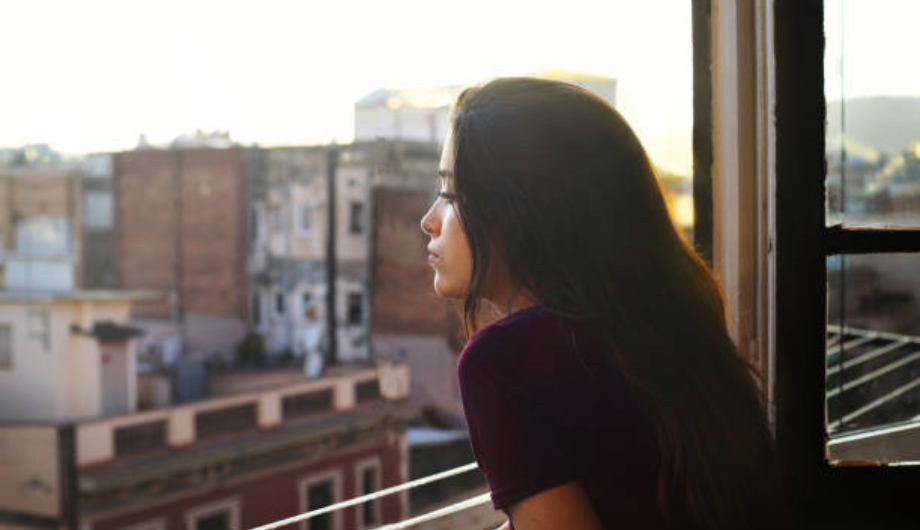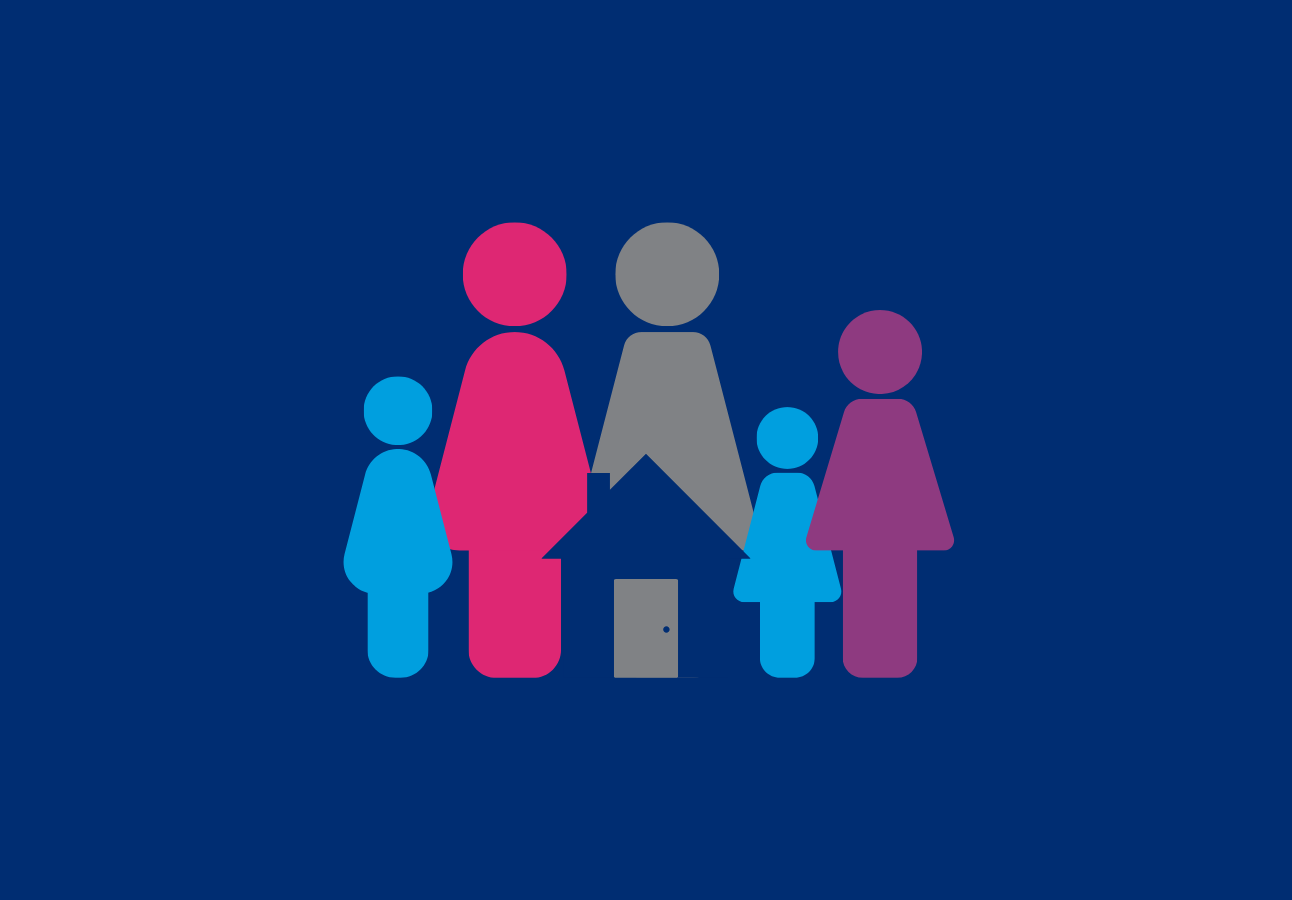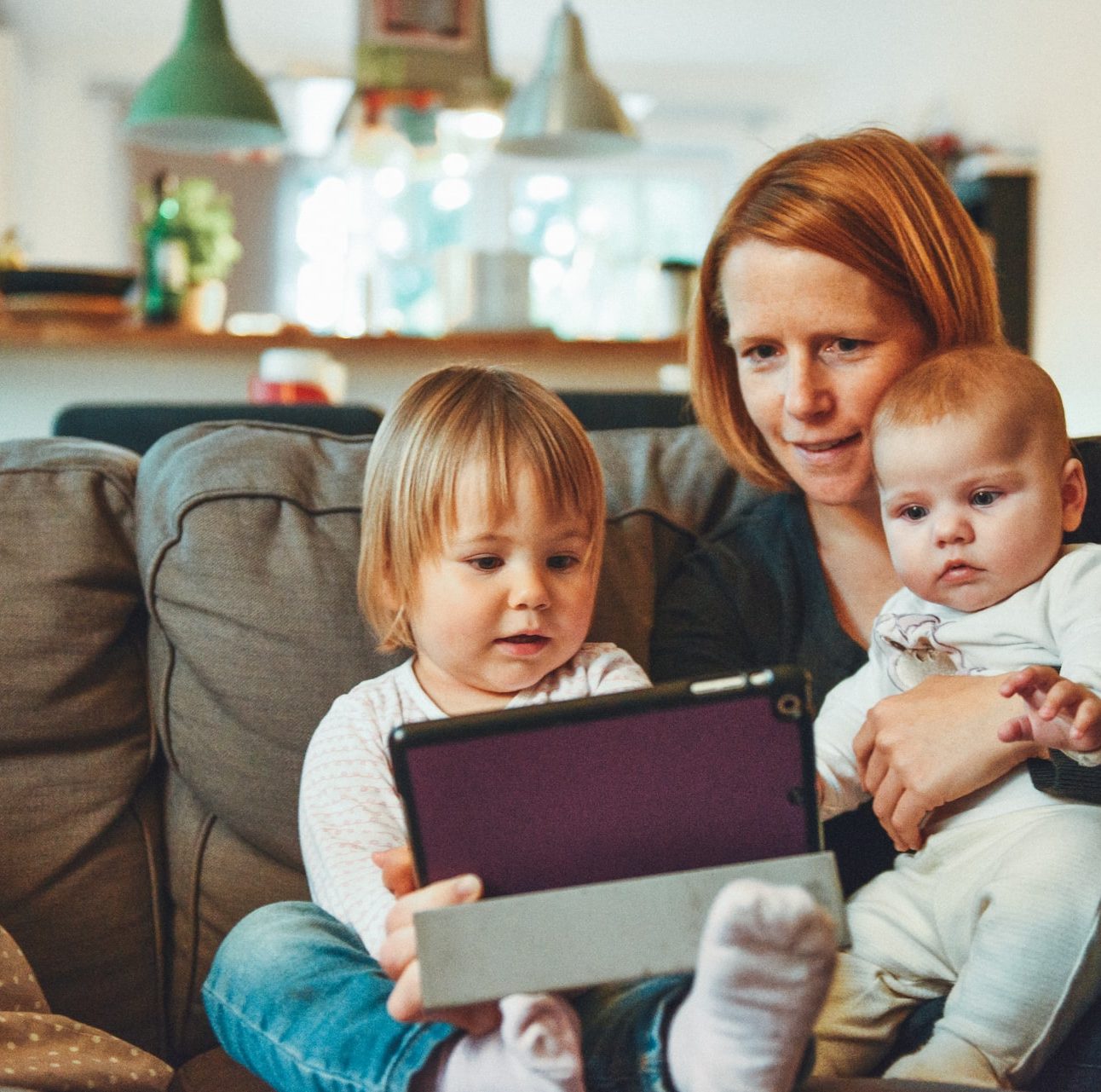
Response to the Domestic Abuse Commissioner’s report: “Victims in their own right”
Domestic abuse doesn’t just cast a shadow over childhood — it strikes at the very heart of it. Children harmed by abuse must be seen, heard, and supported.
Today’s report from the Domestic Abuse Commissioner lays bare the urgent need to recognise and respond to the harm babies, children and young people experience directly — and to put prevention, early intervention, addressing risk and supporting recovery at the centre of our response to domestic abuse.
At SafeLives, we believe passionately that babies, children and young people must be recognised not just as witnesses to abuse, but as survivors whose needs are urgent, complex, and deserving of specialist care.
Through work with our Changemakers, we have seen the power of listening to children and young people — and acting on what they tell us. Their courage and insight must shape every part of the system designed to protect them. We welcome the way children’s voices have been placed at the heart of this report, and we echo its call for change that genuinely reflects their experiences and needs.
The scale and urgency of the need is clear. Our latest MARAC and Insights data shows that over 105,000 children live in households where there is high-risk domestic abuse and 78% of children living with domestic abuse are directly harmed by the perpetrator. Over a quarter of children in these households are under the age of three, and on average, the abuse has been ongoing for 2.6 years — meaning many babies and young children have lived with abuse for most of their lives. Crucially, a third of these children are not known to children’s social care.
That is why interventions tailored to the diverse needs of children and families are so vital. Through the Children Affected by Domestic Abuse (CADA) programme in Bolton and Sheffield, we have expanded our work with specialist services supporting children from minoritised families, co-creating interventions that address the specific challenges they face. Specialist, culturally competent support must be a core part of the national response.
The DA Commissioner’s report highlights positive steps like Child Impact Assessments by Cafcass — but shows there’s still a long way to go to fully protect and support children within the family justice system. We want to see a system that truly prioritises safety, recovery, and the right to be heard. With collaboration, challenge, and reform, we believe practical, lasting change is possible — and that no child should ever be retraumatised by the very systems designed to protect them.
We also welcome the report’s emphasis on multi-agency working, including multi-agency child protection teams and the critical role of MARAC, where SafeLives has long championed improvements to ensure that every family receives a coordinated and effective response. Our work on the One Front Door model shows what’s possible when services come together around the whole family — identifying risk early, sharing information safely, and responding to domestic abuse alongside other complex needs like mental health or substance use. We know that taking a whole picture, public health approach is the only way to prevent abuse, not just respond to it.
Now, turning recognition into action must be the priority. SafeLives stands ready to work with partners across government, statutory agencies, and the specialist sector to make this vision real — ensuring that every baby, child and young person affected by domestic abuse gets the safety, support, and recovery they deserve, wherever they live, and whatever their circumstances.
Together, we can end domestic abuse for the whole family.


One Front Door

